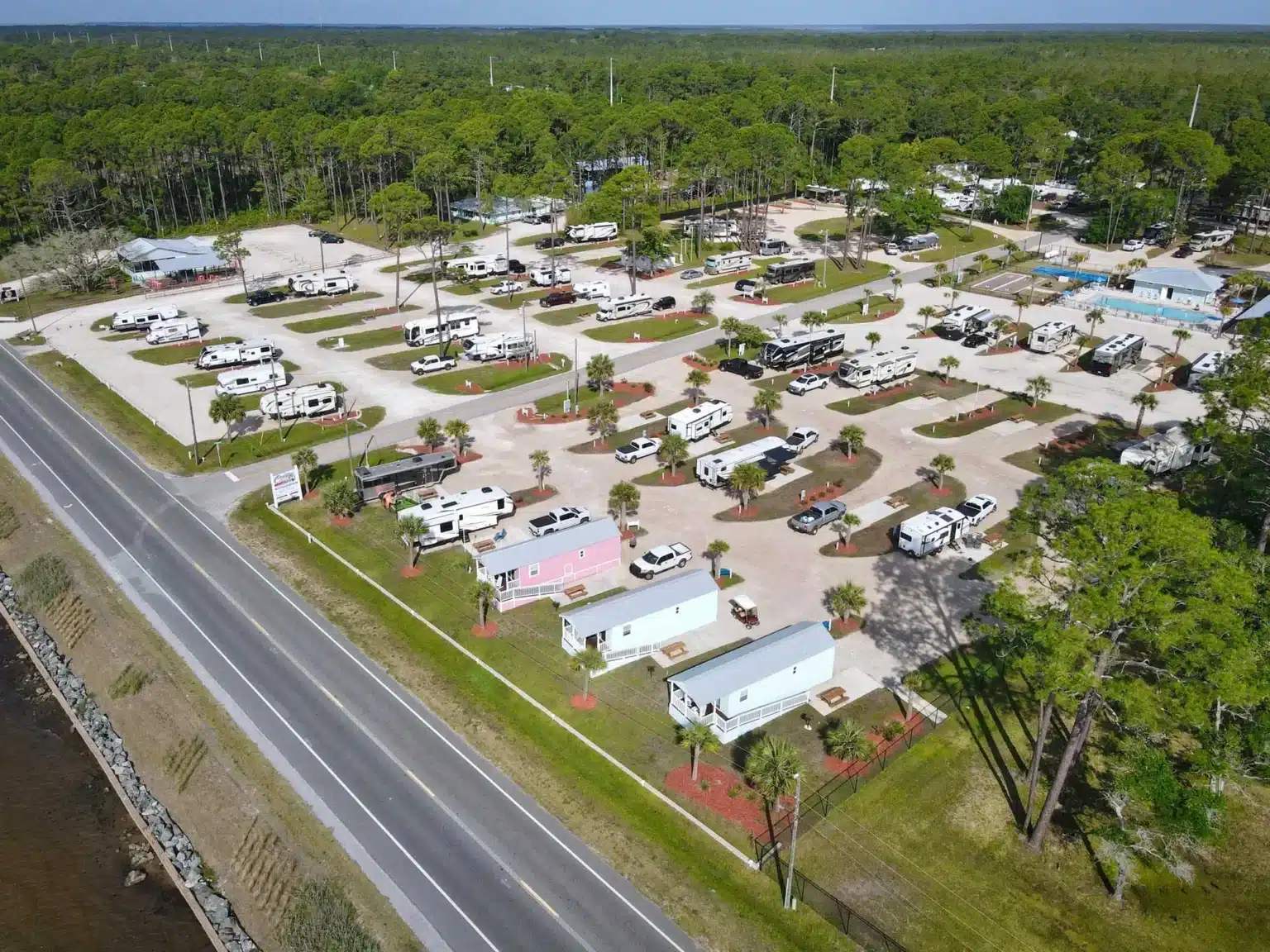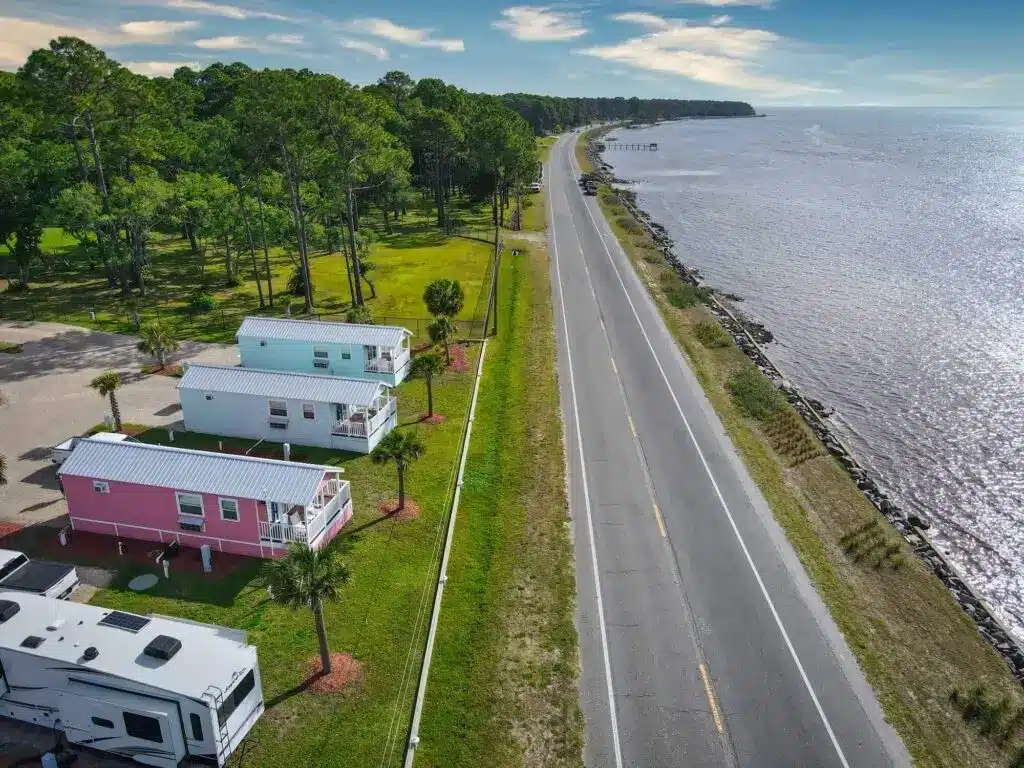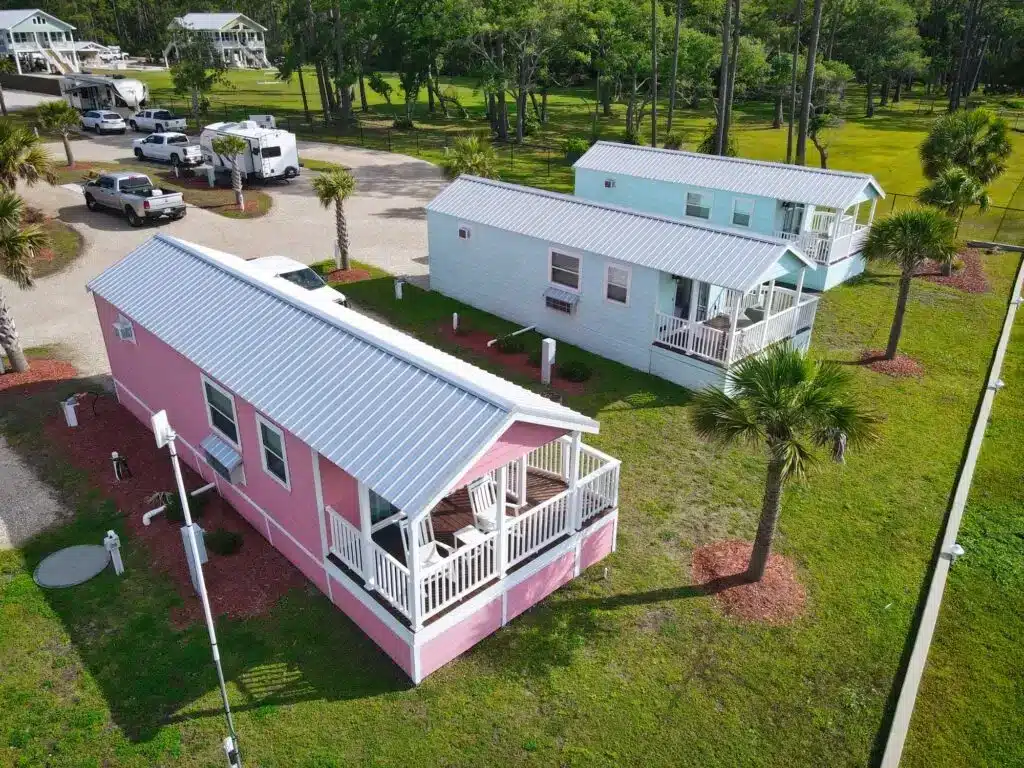Park Model Homes: A Guide to Regulations and Zoning Laws
Park model homes have gained popularity as affordable and flexible housing options in recent years. These small, yet fully-functional homes offer individuals and families the opportunity to enjoy a comfortable and convenient lifestyle. However, before diving into the world of park model living, it’s crucial to understand the regulations and zoning laws that govern these homes. In this blog post, we’ll provide a comprehensive guide to help you navigate the intricacies of park model home regulations and zoning laws.

1. What are Park Model Homes?
To begin, let’s define what park model homes are. Park models are recreational vehicles (RVs) that resemble traditional homes in terms of design and amenities. They are typically larger than standard RVs and offer more permanent living solutions. Park model homes are built on a chassis and are transportable, making them a popular choice for temporary or seasonal living.
2. Understanding Park Model Home Regulations
A. Federal Regulations: The U.S. Department of Housing and Urban Development (HUD) sets guidelines for park model homes. These regulations specify size restrictions, construction standards, and labeling requirements. Familiarize yourself with the HUD guidelines to ensure compliance with federal regulations.
B. State and Local Regulations: Park model home regulations vary from state to state and even within different municipalities. It’s essential to research the specific regulations in your desired location. Factors such as size limitations, parking requirements, and permitted land use may differ, so be thorough in your research.
3. Zoning Laws and Park Model Homes
A. Residential Zoning: Some areas may allow park model homes within residential zoning areas, treating them as permanent residences. However, it’s crucial to verify whether park models are explicitly mentioned in local zoning ordinances or if they fall under alternative classifications, such as RVs or manufactured homes.
B. RV Parks and Campgrounds: Park model homes are often found in RV parks or campgrounds that have been zoned for temporary or seasonal use. These areas may have specific regulations regarding length of stay, occupancy limits, and park model placement.
C. Manufactured Home Communities: In certain jurisdictions, park model homes are considered manufactured homes, and they may be permitted in designated communities or subdivisions. Check local zoning laws to determine if this classification applies in your desired location.
B. RV Parks and Campgrounds: Park model homes are often found in RV parks or campgrounds that have been zoned for temporary or seasonal use. These areas may have specific regulations regarding length of stay, occupancy limits, and park model placement.
C. Manufactured Home Communities: In certain jurisdictions, park model homes are considered manufactured homes, and they may be permitted in designated communities or subdivisions. Check local zoning laws to determine if this classification applies in your desired location.

4. Researching and Complying with Regulations
A. Consult Local Authorities: Reach out to local planning or zoning departments to gather information about specific regulations, permits, and any restrictions on park model homes.
B. Homeowner Associations (HOAs): If you plan to place your park model home within an HOA-governed community, review the association’s bylaws and restrictions to ensure that park models are permitted.
C. Building Codes: Although park model homes are constructed differently from traditional site-built homes, they still need to meet certain safety standards. Understand the relevant building codes in your area to ensure compliance during the construction or modification process.
B. Homeowner Associations (HOAs): If you plan to place your park model home within an HOA-governed community, review the association’s bylaws and restrictions to ensure that park models are permitted.
C. Building Codes: Although park model homes are constructed differently from traditional site-built homes, they still need to meet certain safety standards. Understand the relevant building codes in your area to ensure compliance during the construction or modification process.
5. Navigating Challenges and Seek Professional Guidance
A. Variance and Exemptions: In some cases, you may need to request a variance or exemption to accommodate your park model home within a particular zoning area. This process may involve presenting your case to local authorities and demonstrating that your home meets safety standards and does not negatively impact the neighborhood.
B. Legal and Professional Advice: If you’re uncertain about navigating park model home regulations and zoning laws, it’s wise to seek legal or professional assistance. An attorney or consultant experienced in real estate and zoning matters can provide valuable guidance and ensure compliance.
B. Legal and Professional Advice: If you’re uncertain about navigating park model home regulations and zoning laws, it’s wise to seek legal or professional assistance. An attorney or consultant experienced in real estate and zoning matters can provide valuable guidance and ensure compliance.

Conclusion
Understanding park model home regulations and zoning laws is crucial for a smooth and legal transition into this unique housing option. By familiarizing yourself with federal, state, and local regulations, conducting thorough research, and seeking professional advice when needed, you can ensure a safe and comfortable experience with park model living. With this knowledge in hand, it’s time to explore all the possibilities that park model homes have to offer!
Vacavia Cottages & Cabins is the perfect resource for anyone considering park-model living. Our product specialists offer comprehensive information about federal, state, and local regulations that govern park model homes, as well as helpful tips about navigating the intricacies of zoning laws. With Vacavia Cottages & Cabins, you can rest assured that your park model home will comply with all applicable regulations and zoning laws. From researching local requirements to obtaining necessary paperwork, we are here to guide you every step of the way.
Contact Vacavia today to learn more about park model homes and how we can help you find the perfect home!
Vacavia Cottages & Cabins is the perfect resource for anyone considering park-model living. Our product specialists offer comprehensive information about federal, state, and local regulations that govern park model homes, as well as helpful tips about navigating the intricacies of zoning laws. With Vacavia Cottages & Cabins, you can rest assured that your park model home will comply with all applicable regulations and zoning laws. From researching local requirements to obtaining necessary paperwork, we are here to guide you every step of the way.
Contact Vacavia today to learn more about park model homes and how we can help you find the perfect home!


